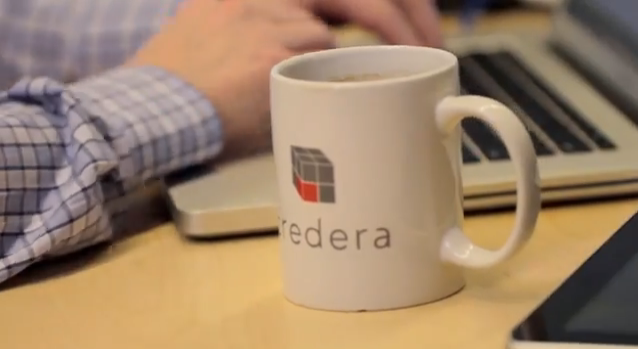

As consultants, we work in many different industries and to help our clients tackle tough challenges. As a result, we often find ourselves in a new setting and need to learn from an expert or group of experts before we can begin to help our clients.
Interviews can be an effective way to learn from the expertise of others. In this third part of the Joy of Meetings series, I’ll take a look at a few principles that help me get the most out of an interview.
1. Before the Interview
Preparation for an interview often requires more than just an agenda. There are a few things I like to do before an interview to make the interview go smoothly.
Validate the interviewees – I need to make sure I’m talking to the right person for a given topic.
Consider if group or individual interviews will be most effective – This can be tricky if you don’t know the interviewees well:
– Choose individual interviews where a more reserved interviewee might be overshadowed.
– Opt for group interviews where complex topics can be better explained by a group of experts.
Get an introduction – If I don’t know the interviewee, I try to get an introduction before the actual interview. This isn’t always possible, but removing the introduction from the actual interview can ease anxiety on both sides.
Prepare a questionnaire – We actually call this an interview guide internally. Identify each of the topics you need to discuss because this will serve as the agenda for the interview.
Share the questionnaire – Consider sharing the questionnaire with the interviewee before the meeting so they can be prepared as well.
2. Set the Stage
At the beginning of an interview, it’s important to set the stage by summarizing the questionnaire and explaining why you are having the interview. Depending on the situation, an interview may seem threatening to the interviewee. If you’re working with the IT department and you’re interviewing someone in billing to understand their business process, they may fear that you’re looking to replace them. This probably wouldn’t lead to a very forthcoming interview.
I like to start by briefly telling the interviewee what I’m doing, why I’ve asked for the interview, and possibly explain my interview process, including other interviews I’ve completed or have planned. If I’ve completed my pre-interview steps, I can usually tell the interviewee that I was given their name as the expert to talk to in their area, which will hopefully set things off in a positive tone.
3. Don’t Be Afraid to Go Off-Script
I mentioned in part one of this series that you shouldn’t be afraid to break the agenda when it’s appropriate. This is particularly true in an interview, and in the case of an interview, the agenda is the questionnaire.
You’re talking to this person because they’ve been identified as the expert. As the expert, the interviewee may have input you were not expecting. It’s okay to stray from the planned questions as long as the discussion remains pertinent to the objective.
4. Take Notes
Even if you’re certain you’ll remember the answer, take notes. With some meetings, it’s okay to skip the step to publish minutes, but that’s generally a bad idea for an interview. If the topic was important enough to have an interview, the content of the interview should be captured in notes and published to the interviewee after the interview to give them an opportunity to confirm that the information was captured correctly.
Ensuring you captured the responses correctly is both helpful in remembering answers later and respectful to the interviewee who has taken the time to meet with you. Also, telling the interviewee at the start of the meeting that they’ll have a chance to review the notes and make any corrections can be a relief for a nervous interviewee. If it makes sense, consider bringing someone to the interview as a designated note taker.
5. Be Open Minded
If you knew all the answers, you wouldn’t need the interview. Try to enter the interview with as few expectations as possible. Ask questions that may seem obvious to avoid incorrect assumptions.
6. End with Next Steps
I discussed next steps in part one of this series, but it’s important to note that next steps also apply to interviews. Let the interviewee know what you’ll be doing with the information you gathered and what actions they can expect. In return for participating in the interview, it’s polite to let the interviewee know what’s next.
Interviews are very interesting meetings. You have an opportunity to learn from the best. Keep these principles in mind as you look toward your next interview, and you will make the most out of your time.
Contact Us
Ready to achieve your vision? We're here to help.
We'd love to start a conversation. Fill out the form and we'll connect you with the right person.
Searching for a new career?
View job openings